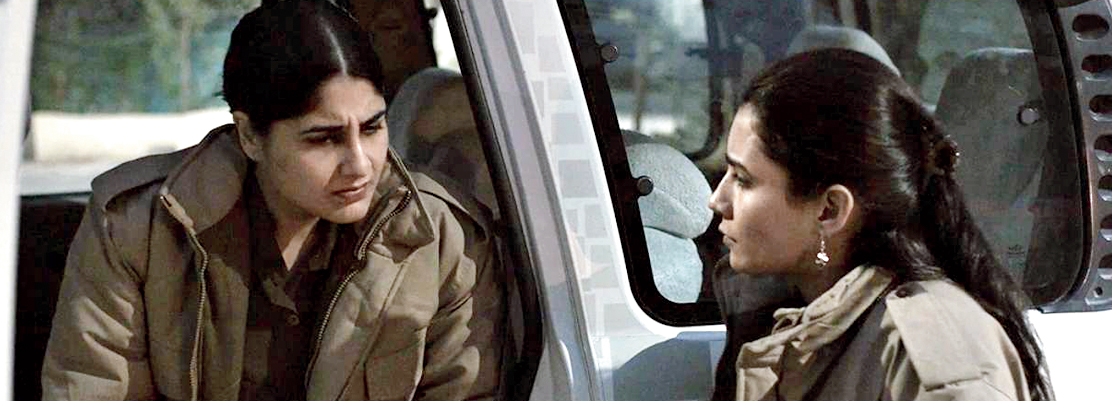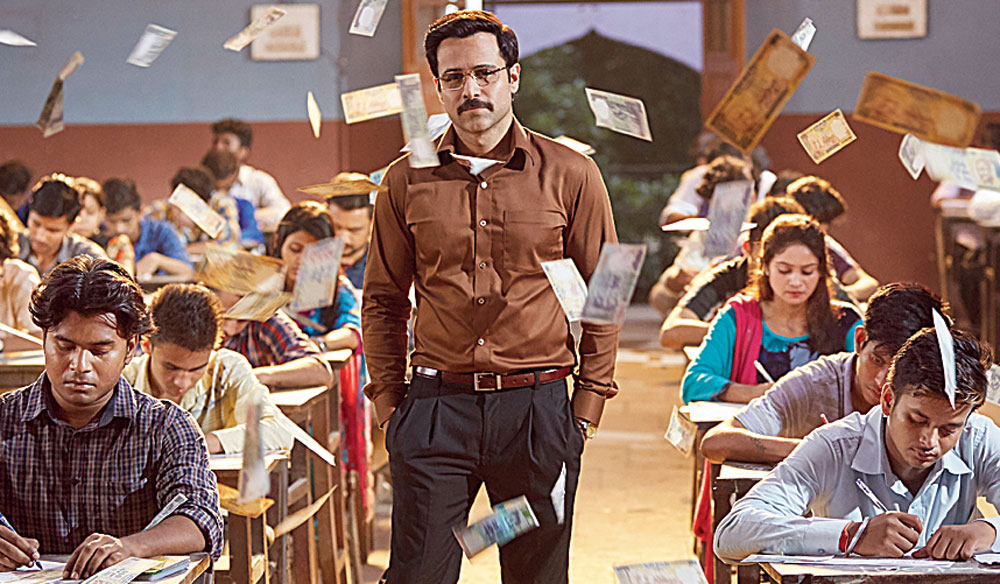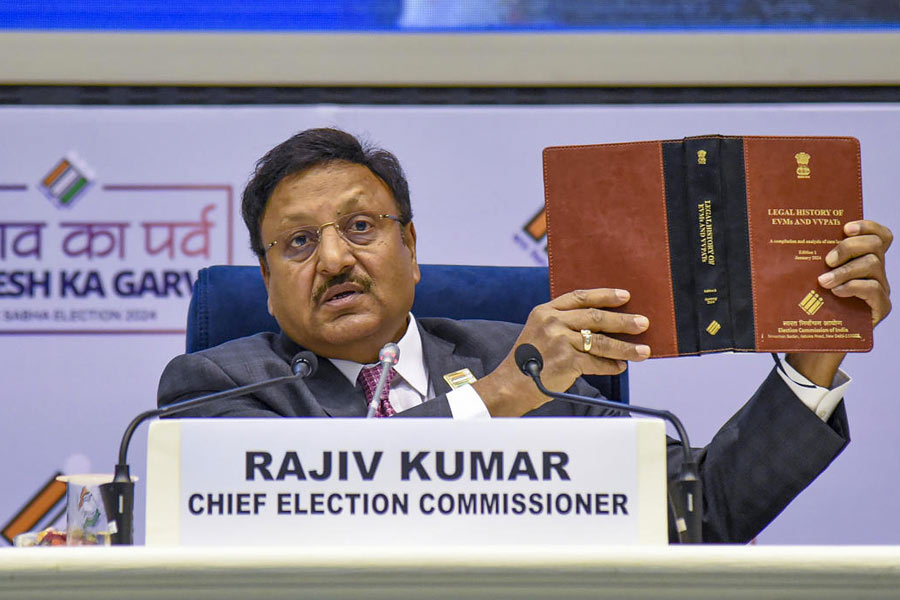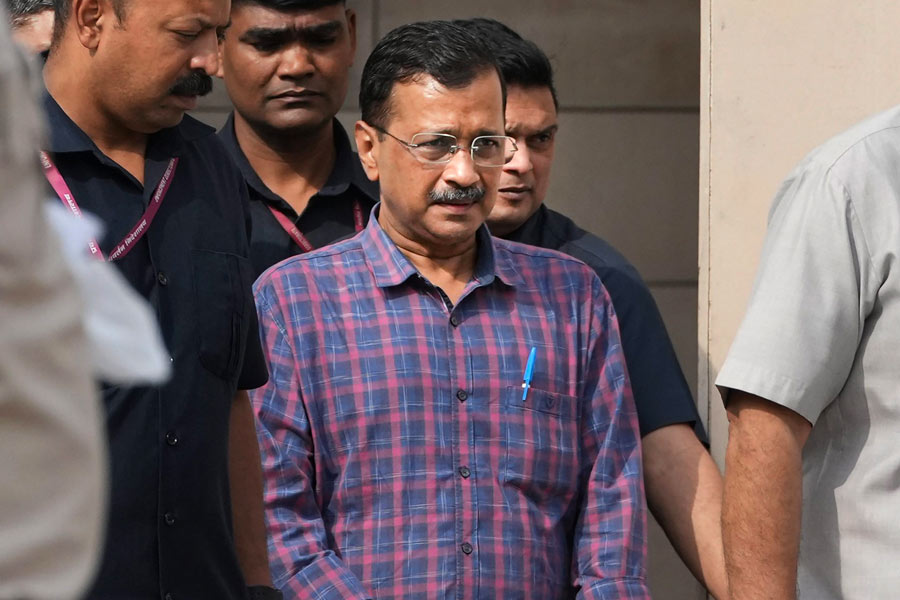Women never have it easy. Even if they are tough-as-nails cops, like the protagonists in Soni, Netflix India’s latest offering, a story of two women who constantly shatter the glass ceiling but are pulled back by patriarchy and gender politics at every step.
Directed by Ivan Ayr, Soni, that’s won big at festivals abroad, is unlike anything you would have watched recently. Minimalistic in narrative with long stretches of silence and nothingness, it slowly but skilfully peels off the layers to reveal that even if women are separated by region and religion, career and caste, the misogyny they face is the same everywhere.
Soni (Geetika Vidya Ohlyan) may play the title role, but the film is as much about Kalpana (Saloni Batra). The two women are cops in Delhi, a city that’s known to be inherently hostile to women. Soni is the hotheaded and mercurial subordinate to Kalpana’s more in-control top cop.
They are separated by quite a few grades, but hierarchy doesn’t come in the way of the two striking up a friendship. It’s a bond that grows over shared cups of adrak chai at dawn — the two spearhead a decoy operation that nabs sexual harassers on the city’s roads at night — and they feel a comfort in each other’s company that they possibly don’t find anywhere else.
It’s this friendship that sees Kalpana taking up Soni’s cause when her junior forever lands in trouble. The film opens with Soni, doing duty at night, breaking the jaw of an eve-teaser who she’s told could have just been arrested; at another instance, she’s transferred to doing the mundane job of picking up calls at the police control room when she beats up an inebriated man of power.
Soni works on various levels. The film, playing out over 97 minutes, strikes the balance between subtle and hard-hitting, with the mise en scene contributing substantially to the drama. Things unfold at a leisurely pace, but at no point does the film test your patience.
Soni also hits close to home. The two women may walk the talk when they are at their workplace, but once out of it, they are constantly reminded that they are women. We are shown Soni not only battling prejudice and sexism, but also living the life of a single woman in an apathetic metropolis, her loneliness and frustration palpable.
Kalpana may hail from a socio-economic background that seems more progressive than Soni, but she finds herself constantly reprimanded by her mother-in-law for not having a child yet. Even her husband — a cop higher in rank than Kalpana — keeps instructing her on how she needs to “toughen up” in her job. “IPS ho, IPS ki tarah behave karo,” he tells her at one point.
There is never a crescendo in Soni, and that’s what makes the film rooted and real. It plays out like life would for so many of us. A lot of the credit for that goes to the cinematography by David Bolen — raw and visceral, the camera is probing and yet never voyeuristic, with many of the scenes shot in a single take.
It’s the performances that make Soni the film it is. While Geetika Vidya Ohlyan has the more showy part, she actually excels in the silent scenes where her character sits alone and ponders on life. Saloni Batra brings both empathy and a steely quietness to her part that makes your heart reach out to her.
At one point in Soni, Kalpana hands over writer Amrita Pritam’s memoir called Revenue Stamp to Soni, who wants to know the story behind the title. “That’s because Amrita Pritam was once told by a man that her life and achievements were small enough to be written on the back of a revenue stamp,” says Kalpana, even as the two women look at each other tellingly. And you in the audience smile wryly.
Yes, women never have it easy.











